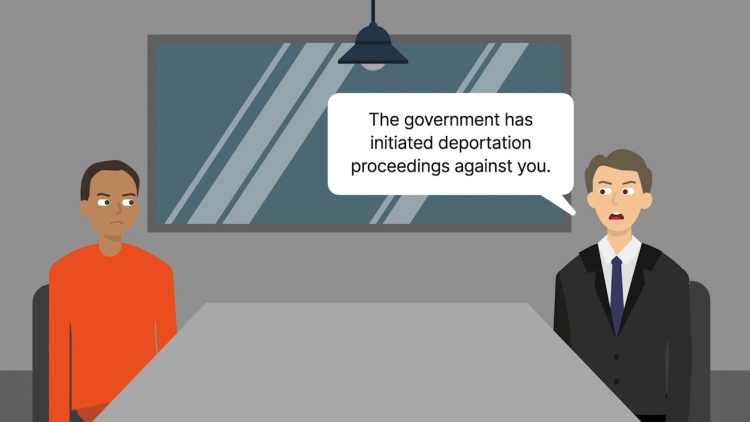Sessions v. Dimaya
United States Supreme Court
138 S. Ct. 1204 (2018)

- Written by Eric Cervone, LLM
Facts
James Dimaya (defendant) was a native of the Philippines and a lawful resident of the United States. Following Dimaya’s second conviction for first-degree burglary, the government (plaintiff) initiated a removal proceeding against Dimaya. Both an immigration judge and an appeals board held that first-degree burglary was a crime of violence under 18 U.S.C. § 16(b). However, while Dimaya’s appeal was pending, the Supreme Court held in Johnson v. United States, 135 S. Ct. 2551(2015), that the definition of “violent felony” in another federal law was unconstitutionally vague. The relevant section of that law was worded similarly to the law being applied to Dimaya. Relying on Johnson, the court of appeals ruled that § 16(b) was also unconstitutionally vague. The appeals court thus ruled in Dimaya’s favor. The government appealed, arguing that because this was not a criminal case, the void-for-vagueness doctrine should not be applied as rigorously as it was in Johnson. The Supreme Court granted cert to hear the issue.
Rule of Law
Issue
Holding and Reasoning (Kagan, J.)
Concurrence (Gorsuch, J.)
Dissent (Roberts, J.)
Dissent (Thomas, J.)
What to do next…
Here's why 907,000 law students have relied on our case briefs:
- Written by law professors and practitioners, not other law students. 47,100 briefs, keyed to 996 casebooks. Top-notch customer support.
- The right amount of information, includes the facts, issues, rule of law, holding and reasoning, and any concurrences and dissents.
- Access in your classes, works on your mobile and tablet. Massive library of related video lessons and high quality multiple-choice questions.
- Easy to use, uniform format for every case brief. Written in plain English, not in legalese. Our briefs summarize and simplify; they don’t just repeat the court’s language.





